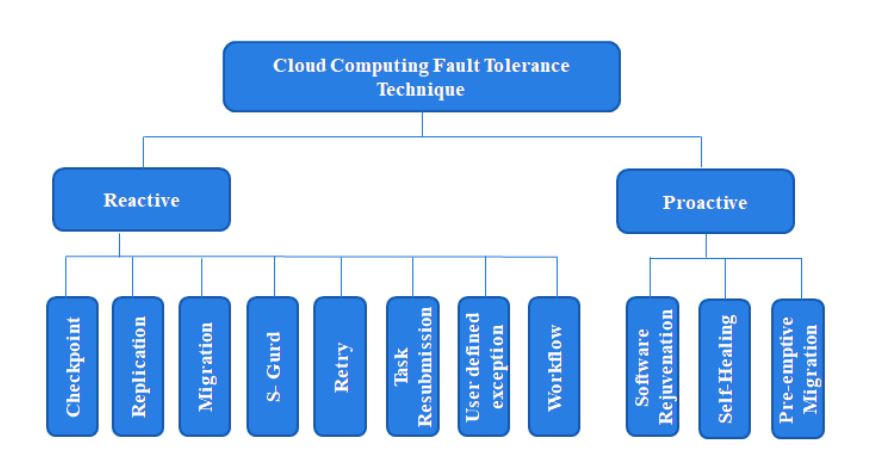Adaptive Fault Tolerance Mechanisms for Enhancing Service Reliability in Cloud Computing Environments
Keywords:
Adaptive Mechanisms, Cloud Computing, Fault Tolerance, Reliability, Service Level AgreementsAbstract
The advent of cloud computing has ushered in a new era of convenience, scalability, and efficiency, becoming the underlying infrastructure for countless businesses, applications, and critical operations. Despite these advantages, cloud computing environments pose challenges related to their highly dynamic and complex nature, creating the need for robust fault tolerance mechanisms to ensure service reliability and availability. This research delves into adaptive fault tolerance mechanisms and their significance in maintaining cloud service resilience against diverse failures—ranging from software glitches and security breaches to hardware malfunctions. Several adaptive techniques are investigated, including replication strategies that shift dynamically based on system load and perceived risk, and checkpointing and rollback methods that periodically save application states for rapid recovery post-failure. Other explored approaches are load balancing for efficient workload distribution, self-healing systems capable of automatic fault detection and recovery, predictive fault tolerance that leverages machine learning algorithms to anticipate faults, and multi-version programming to create fallbacks. Decision factors for choosing among these adaptive mechanisms are examined, which include system load, the criticality of the service, past failure data, and economic constraints. The study also considers the importance of continuous monitoring and real-time feedback loops in tailoring fault tolerance strategies. Evaluation metrics such as Recovery Time Objective (RTO), Recovery Point Objective (RPO), failure rate, and resource overhead are highlighted to measure the effectiveness of deployed mechanisms. Through a rigorous comparative analysis, this research aims to guide cloud service providers in selecting and implementing adaptive fault tolerance mechanisms that not only fulfill Service Level Agreements (SLAs) but also bolster user trust.
